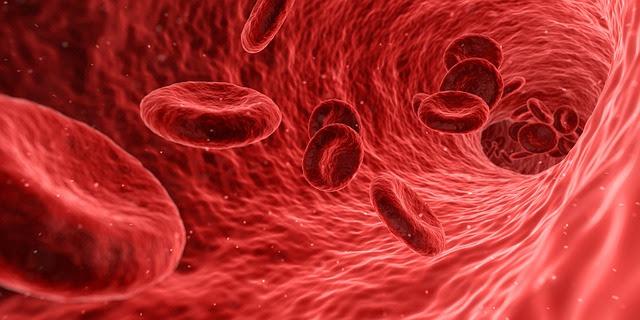
What is anemia?
Anemia is defined as simply not having enough red blood cells or the hemoglobin is less than normal. During pregnancy, blood is usually tested at the first prenatal visit and then again at the beginning of the third trimester. The tests for anemia are hemoglobin and hematocrit.
There are several different definitions of what is considered anemia. For men, a normal hemoglobin level is typically defined as a level of more than 13.5 gram/100 ml, and in women as hemoglobin of more than 12.0 gram/100 ml. These definitions may vary slightly depending on the source and the laboratory reference used. According to the American College of Ob-Gyn (ACOG) pregnant women with hemoglobin levels below 11 grams/100 ml and/or a hematocrit level below 33% are generally considered anemic.
If you're not able to get enough iron from your diet alone, ask your doctor about taking an iron supplement. If you are already experiencing gastrointestinal issues due to your pregnancy, ask about carbonyl iron which is naturally regulated by the body and may help minimize side effects associated with increased iron intake.
Causes of anemia in pregnancy
- Iron-deficiency anemia
- Anemia from blood loss
- Vitamin B12 deficiency
- Folic acid deficiency
- Back-to-back pregnancies
- Inherited anemia (sickle cell anemia, thalassemia, Fanconi anemia)
Risk factors for iron deficiency anemia include a diet poor in iron-rich foods, such as clams, oysters, liver, beef, shrimp, turkey, enriched breakfast cereals, beans, and lentils; a diet poor in iron absorption enhancers, such as orange juice, grapefruit, strawberries, broccoli, and peppers; a diet rich in foods that diminish iron absorption, such as dairy products, soy products, spinach, coffee, and tea; pica (eating nonfood substances such as clay or laundry starch); gastrointestinal disease affecting absorption; heavy menses; short interpregnancy interval; and blood loss at delivery exceeding that of an uncomplicated vaginal delivery.
Complications of anemia in pregnancy
Iron deficiency anemia during pregnancy has been associated with an increased risk of:
- low birth weight
- preterm delivery
- perinatal mortality
- postpartum depression
- poor results in mental and psychomotor performance testing in children
Symptoms of anemia
Symptoms of moderate to severe anemia (usually below 8.0) include:
- Fatigue
- Weakness
- Breathlessness
- Fainting
- Dizziness
- Nausea
- Headaches
- Paleness
- Low blood pressure
- Increased heart rate
Anemia is a common problem during pregnancy because of dilution of the blood which expands to almost twice the normal volume by the 28th week of pregnancy.
Having enough iron also gives you a quicker recovery postpartum. Being anemic puts you at risk when you bleed more than usual after delivery (postpartum hemorrhage) and increases the need for a blood transfusion.
Maternal anemia affects baby
A recent study from Sweden published in 2019 showed that anemia diagnosed earlier in pregnancy (≤30 weeks) was significantly associated with increased risks to the baby of autism spectrum disorder, attention-deficit/hyperactivity disorder, and intellectual disability.
When you're diagnosed with anemia, you'll need several additional tests to find the possible causes, including serum ferritin and transferrin levels or total iron-binding capacity, hemoglobin electrophoresis, and checking stool for blood.
Boost your iron with these foods
- Legumes
- Organ meats, especially chicken liver
- Whole grains
- Black rice
- Beans
- Dark leafy greens
- Figs
- Seeds
- Nuts (especially almonds)
- Eggs
Foods that contain high amounts of folate are also important, so try eating asparagus, barley, beef, brewer’s yeast, brown rice, cheese, chicken, dates, green leafy vegetables, lamb, lentils, legumes, liver, milk, oranges, split peas, root vegetables, salmon, tuna, wheat germ, and whole grains.
Read More:
Prenatal Maternal Anemia Affects Baby's Brain
Birth Defects
Are Antibiotics Safe During Pregnancy?
